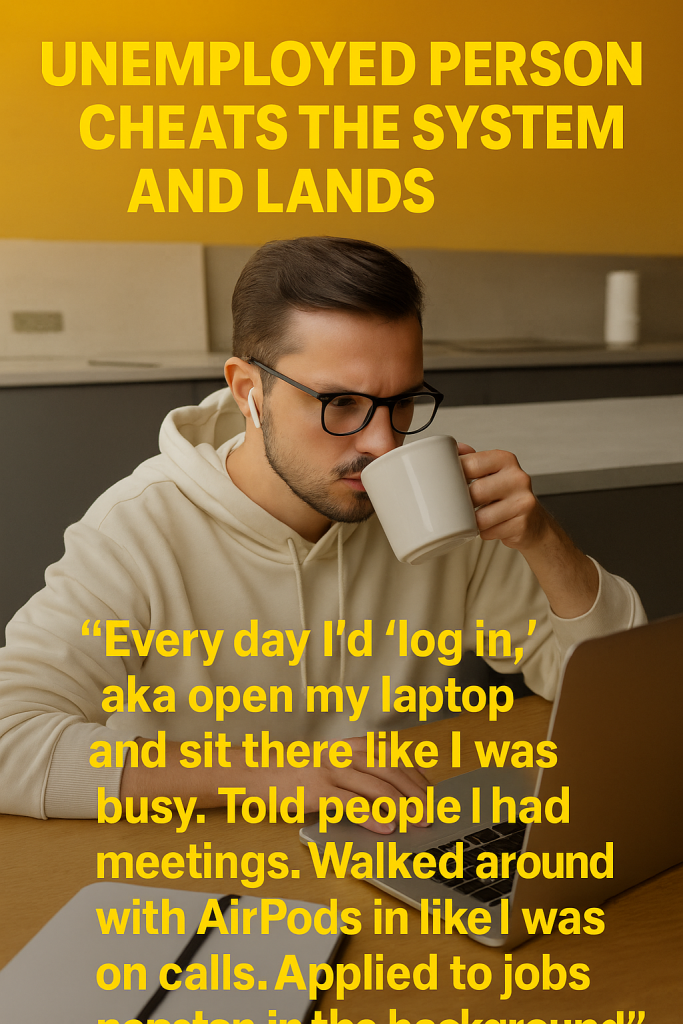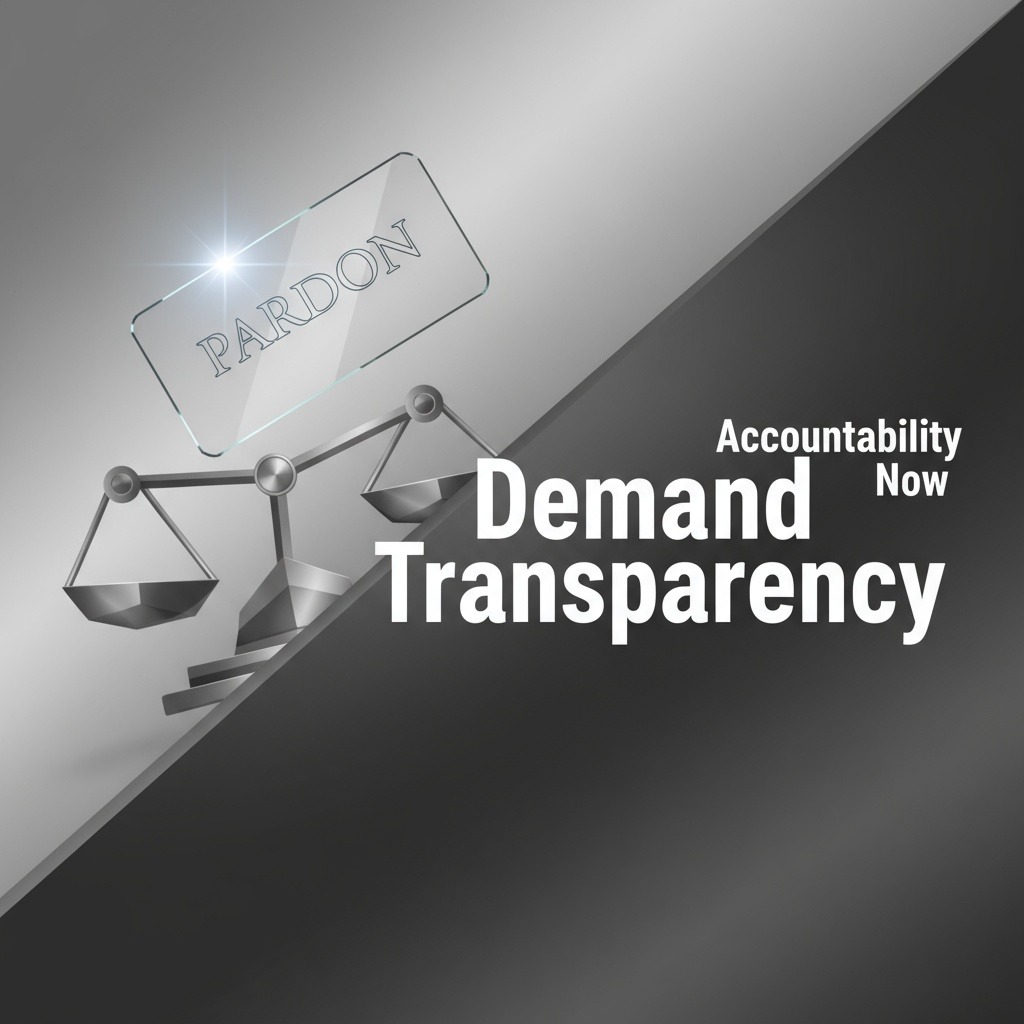In an extraordinary tale unfolding in 2024, an unemployed individual has reportedly secured a coveted remote job by maintaining a carefully orchestrated facade of productivity—without actually doing any real work for months. The story, which has captured widespread attention on social media and sparked debate about remote work accountability, offers a fascinating glimpse into how one person exploited system loopholes and company trust.
The elaborate ruse began when the individual, struggling with unemployment and keen to land a stable role, applied for a remote position at a growing tech firm. According to accounts shared online, once hired, the new employee “logged in” daily—literally opening their laptop and appearing active on the company’s communication tools—without executing substantive tasks or engaging with colleagues meaningfully.
“Every day I’d ‘log in,’ aka open my laptop and sit there like I was working, but I wasn’t really doing anything productive,” the individual reportedly admitted in candid interviews shared on social media. They maintained this charade for several months, cleverly managing expectations and avoiding direct oversight by scheduling minimal check-ins and crafting plausible excuses for delays or limited output.
Industry insiders say this is not an isolated case. As remote work has become ubiquitous, especially post-pandemic, some employees have struggled to maintain consistent productivity, while others have taken advantage of lenient monitoring. Experts warn that inadequate supervision and overreliance on trust can create vulnerabilities, allowing dishonest behavior to go unnoticed and potentially harm business operations.
Company representatives, when approached for comment, confirmed the situation has prompted a comprehensive review of remote work policies and employee performance tracking. “We value trust, but this incident highlighted the need for better systems to ensure accountability while respecting employee autonomy,” a spokesperson said.
Meanwhile, the person at the heart of the story shared that the experience was a desperate attempt to survive financially but admitted the moral ambiguity of their actions. “It wasn’t something I was proud of, but I felt trapped in my situation,” they said. The individual’s case raises complex questions about unemployment struggles, workplace ethics, and the evolving landscape of remote employment.
What does this mean for remote work? As companies worldwide continue to embrace flexible work arrangements, balancing trust with verification remains a critical challenge. Experts advocate for transparent communication, clear expectations, and the use of productivity tools that offer insights without infringing on employee privacy.
Ultimately, this compelling story underscores the human side of employment challenges in the digital age—reminding employers and employees alike that navigating trust, responsibility, and opportunity requires vigilance and empathy.



